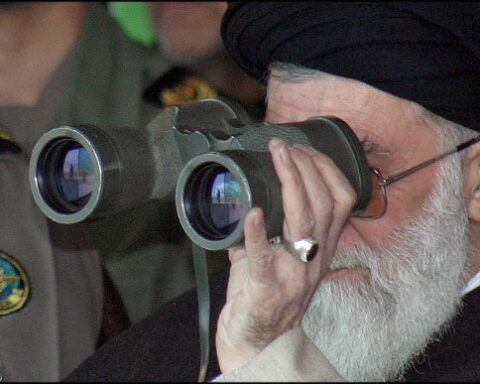A few days after Hamas militants stormed southern Israel on October 7, President Biden cautioned Israeli Prime Minister Benjamin Netanyahu against initiating a preemptive strike against Hezbollah forces in Lebanon, stating that such an action could incite a broader regional conflict.
According to officials, some of Israel’s most hawkish officials were pushed to the verge by intelligence that Hezbollah attackers were preparing to cross the border as part of a multipronged attack, which the United States deemed unreliable.
Israeli warplanes were in flight awaiting orders on October 11 when, according to sources with knowledge of the conversation, Biden advised Netanyahu to reconsider the repercussions of his action and stand down.
The Israeli assault was a failure. Furthermore, the previously undisclosed dialogue between Biden and other U.S. officials and Netanyahu and his war cabinet established a precedent for White House endeavors to prevent an escalation of the conflict that might involve the United States.
Since October 7, preventing an escalation along Israel’s northern frontier with Lebanon, where Israeli forces engage in near-daily gunfire with fighters affiliated with Hezbollah, an Iranian-backed Shiite militant organization, and Palestinian militants, has been a top priority for the Biden administration.
In an effort to reinforce deterrence following the Hamas assault, the United States dispatched two aircraft carrier strike groups and a nuclear submarine to the eastern Mediterranean.
Ten Israelis, including seven soldiers, have been slain in attacks attributed to militants in Lebanon against Israel in excess of two hundred, according to data compiled by the Armed Conflict Location and Event Data Project.
[READ MORE: Biden Admin Denies Secret Service Protection to RFK Jr. for Third Straight Time]















